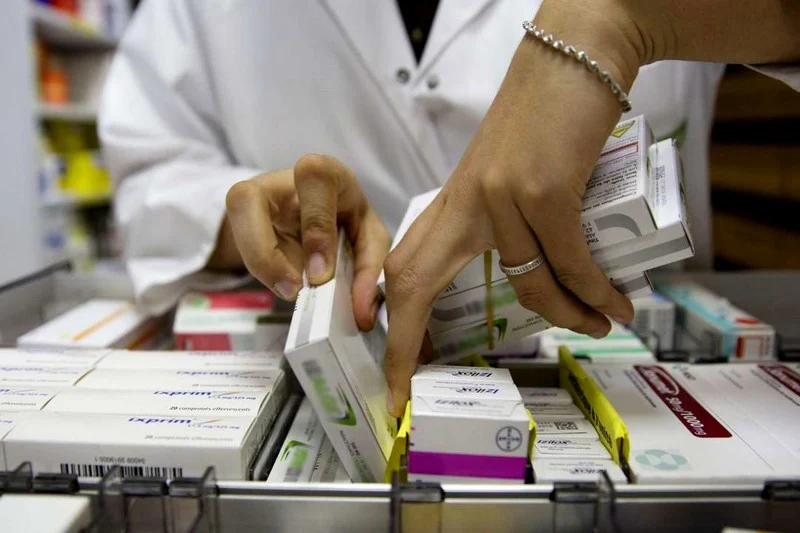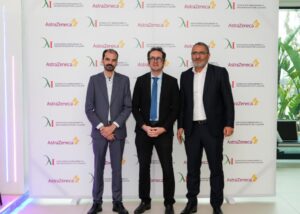Morocco Unveils Medicine Pricing Reform to Boost Healthcare Access

Rabat, The Gulf Observer: Morocco’s Minister of Health and Social Protection, Amine Tahraoui, on Monday presented an ambitious plan to reform the national medicine pricing system during a session at the House of Representatives. The initiative is part of the broader royal vision to expand social protection and aims to ensure equitable access to affordable healthcare while reinforcing Morocco’s pharmaceutical sovereignty.
Addressing lawmakers in the lower house of parliament, Minister Tahraoui outlined the main pillars of the reform, including a structural overhaul of pharmaceutical policy, increased local production, and the modernization of supply chains. He emphasized that the new pricing model is designed to ensure fairness in treatment accessibility, bolster citizens’ purchasing power, and maintain the quality and availability of medicines at reasonable costs.
The reform is grounded in Framework Law 06.22, which governs the national health system and establishes a foundational policy to guarantee the availability, quality, and affordability of health products. Tahraoui highlighted the growing financial burden of drug expenditures on Moroccan households and public finances, particularly with the recent expansion of the mandatory health coverage program. He revealed that between 2022 and 2024, medicine reimbursements surged by 31%.
In response, the government has prioritized medicine pricing reform as a strategic imperative, balancing both social equity and economic sustainability. More than 30 consultation meetings were held with stakeholders — including pharmaceutical manufacturers, pharmacists, and insurance providers — to reach a consensus on a draft decree. The draft, now in its final stages, is expected to be submitted to the Government Council shortly.
Key features of the proposed pricing model include reduced timelines for price reviews, phased implementation to ensure market stability, continued low pricing for essential medicines, and robust incentives to promote domestic pharmaceutical production.
Beyond pricing, the Ministry is spearheading a broad modernization of the sector through institutional and technological initiatives. Central to this effort is the establishment of the Moroccan Agency for Medicines and Health Products, created under Law 10.22. The agency will be responsible for executing the reforms and will lead a digital transformation agenda, which includes digitized administrative procedures, the use of artificial intelligence for clinical trial evaluation, and an integrated electronic platform for monitoring and management.
A National Drug Observatory will also be created to track prices, anticipate supply shortages, and provide insights into market trends, further enhancing transparency and responsiveness within the sector.
To address inefficiencies in the public health supply chain — which commands an annual budget of 3.6 billion dirhams — the Ministry plans to launch a unified national logistics platform. This system aims to reduce losses caused by stockouts and expired medications and will be rolled out progressively over the next 18 months.
On the vaccination front, Minister Tahraoui noted progress on the “Marbio” project in Benslimane, which is expected to cover 100% of Morocco’s vaccine needs by 2027. Contracts have already been signed for the supply of three critical vaccines — pneumococcal, meningococcal, and hexavalent — with more than MAD 1 billion allocated for the production of 5.4 million doses between 2025 and 2026. The first batch of locally produced vaccines is anticipated before the end of 2025.
This comprehensive reform package underscores Morocco’s steadfast commitment to building a resilient, self-reliant, and inclusive healthcare system that aligns with its broader national development goals.


